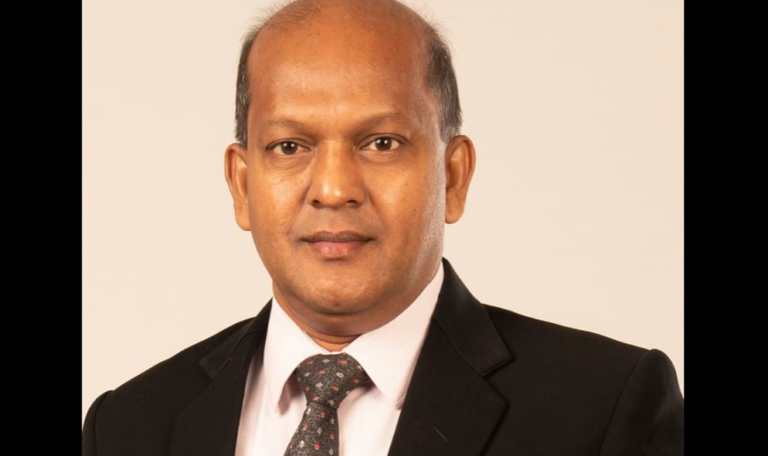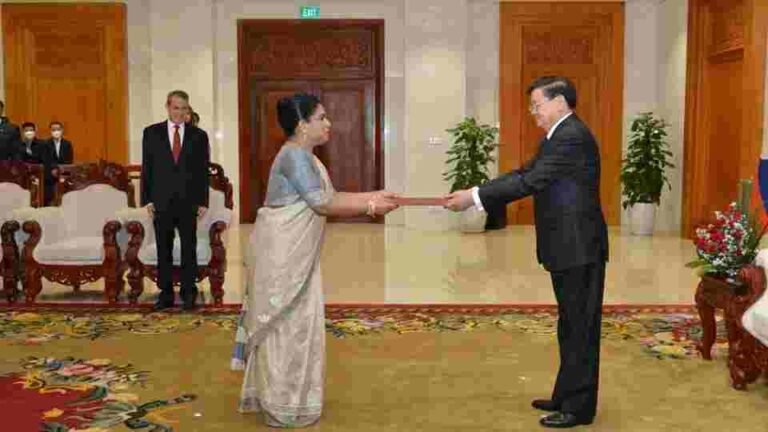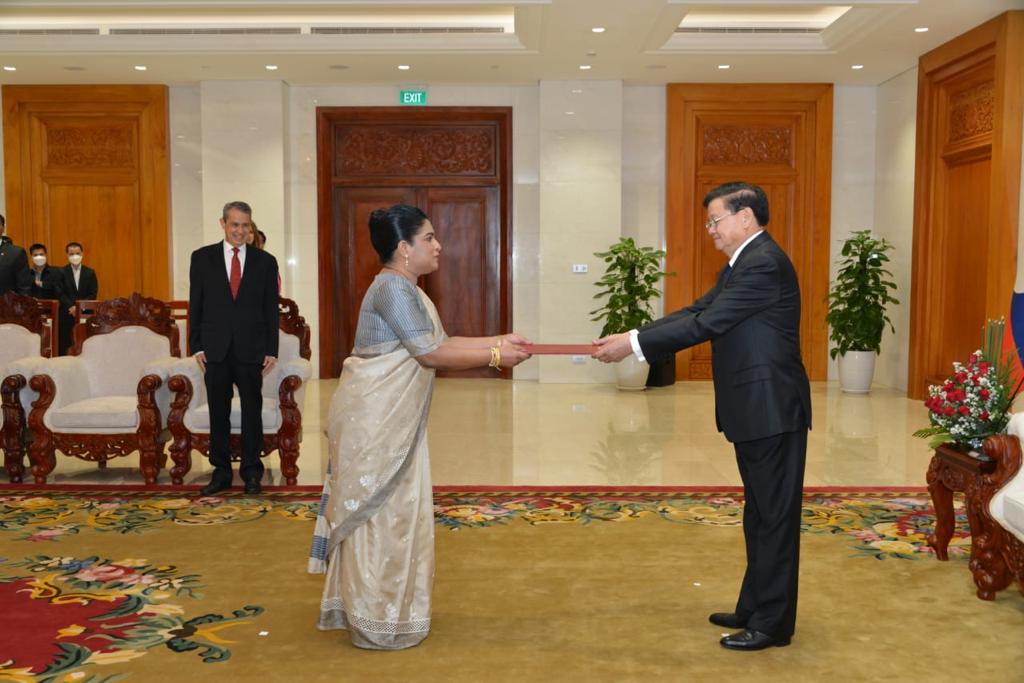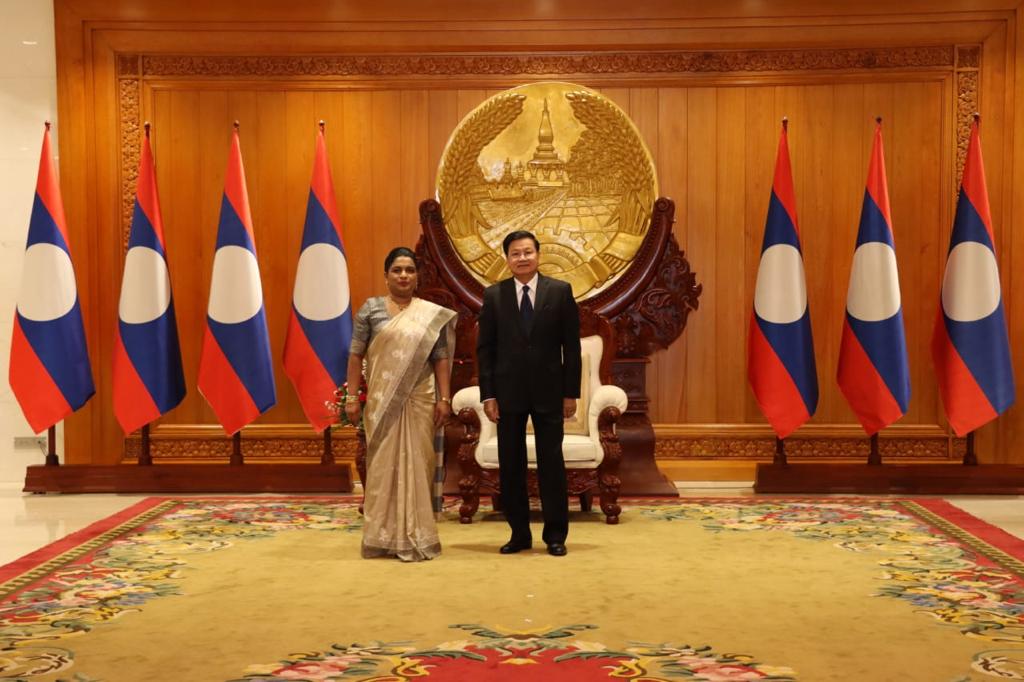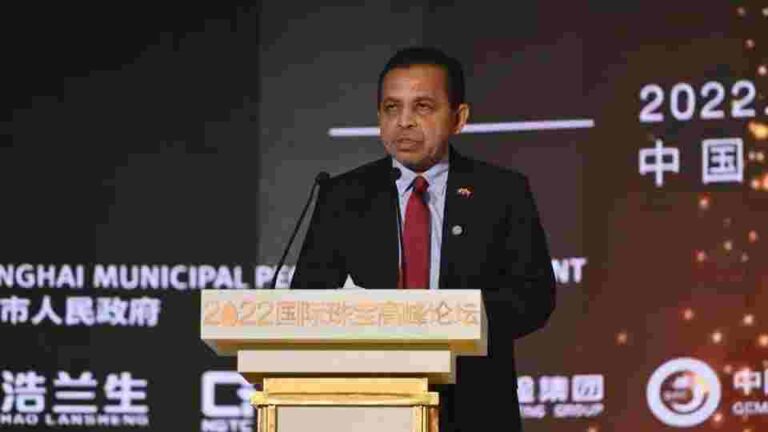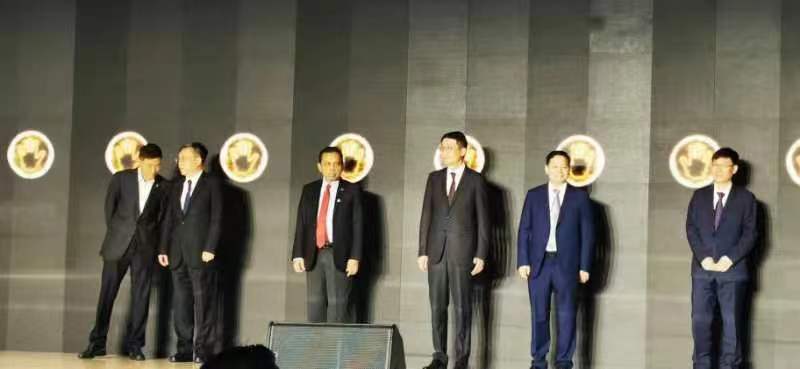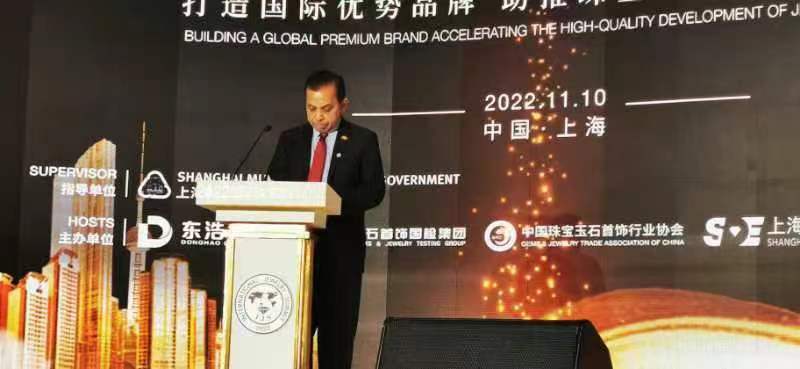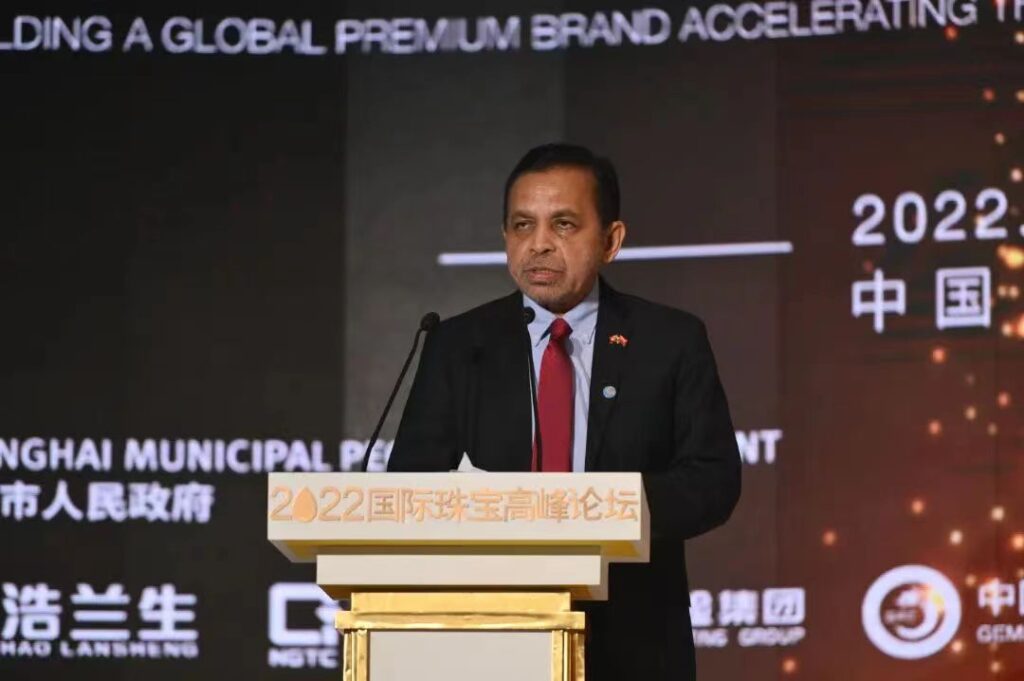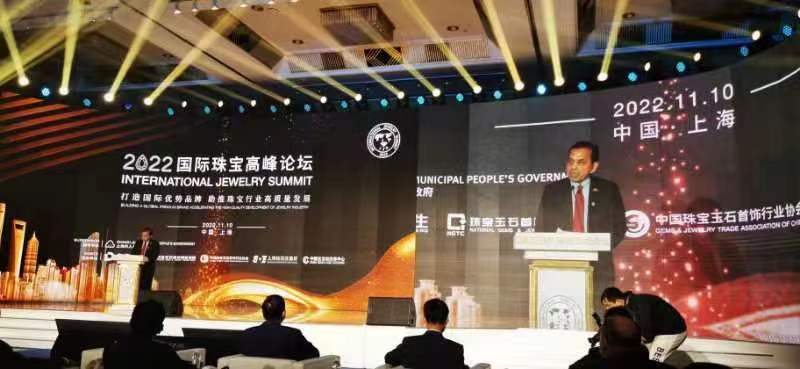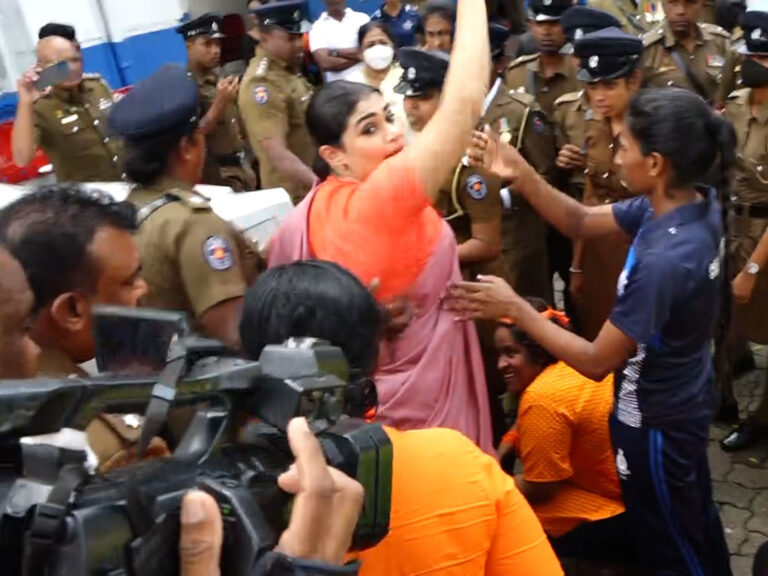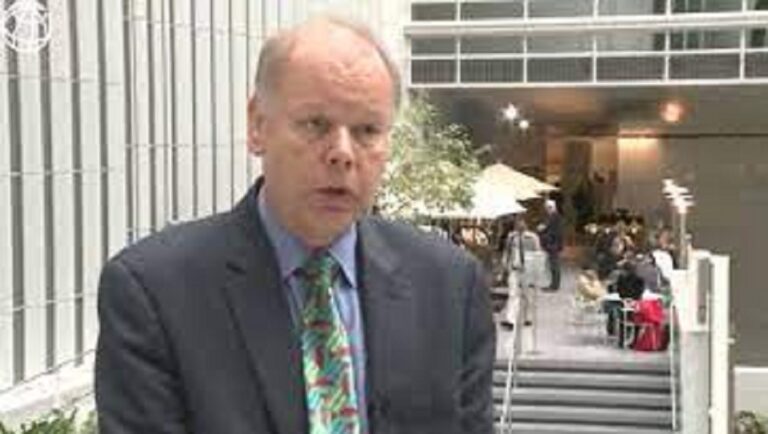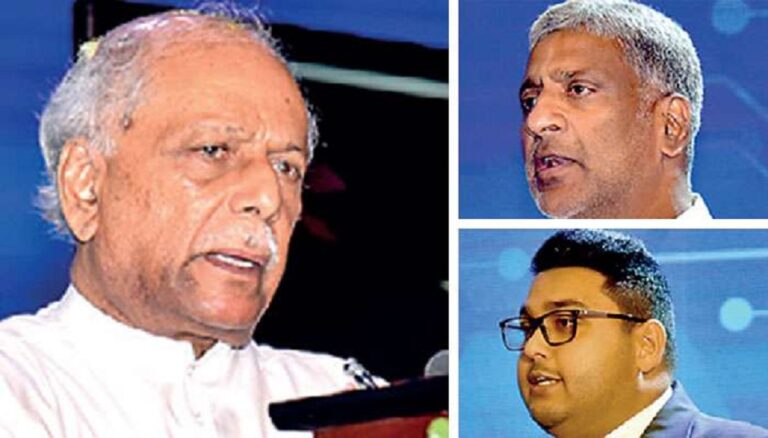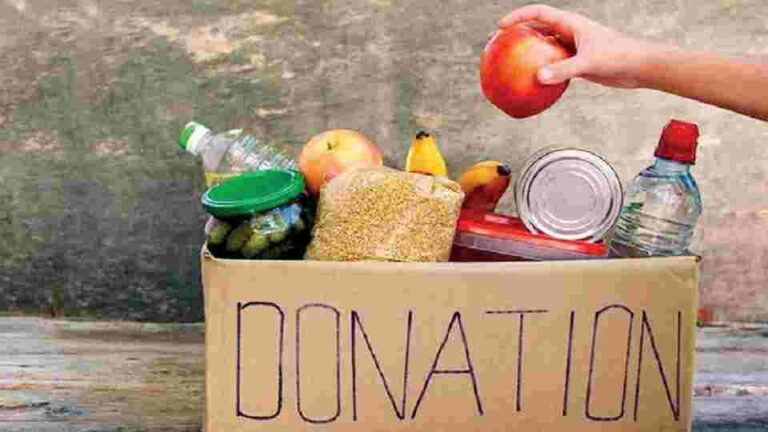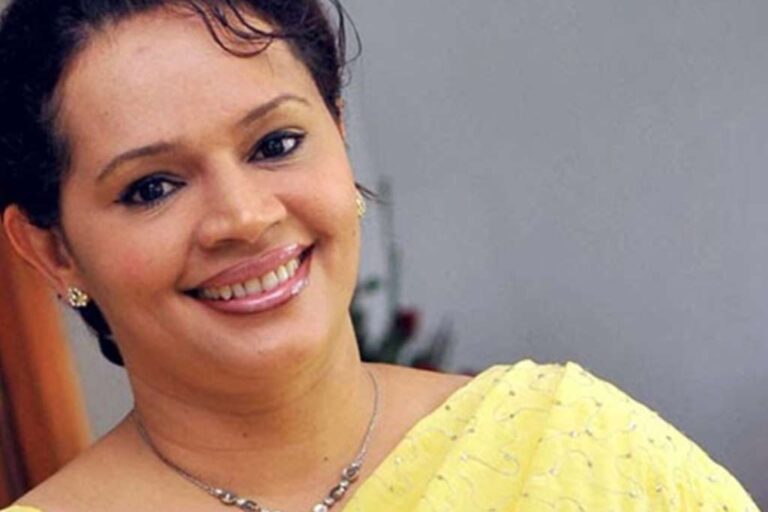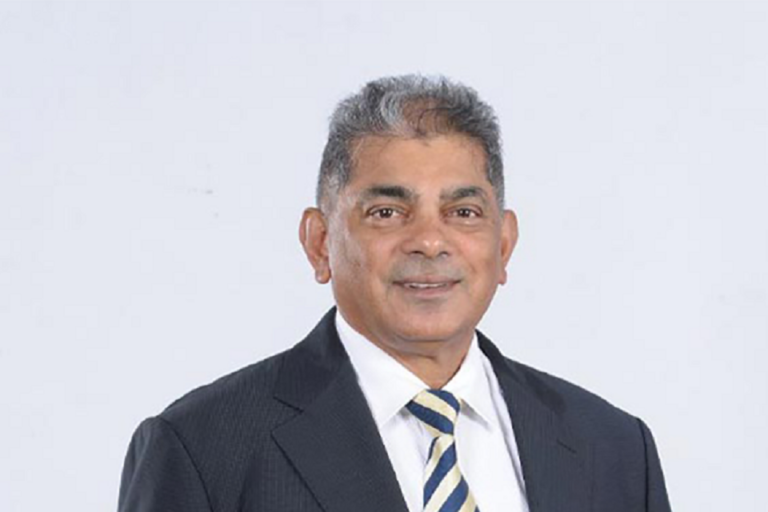By Shanika Sriyananda
The existing economic crisis and soaring price hikes have resulted in food insecurity and malnutrition among children in many urban and rural families in Sri Lanka. Due to the prevailing global economic crisis it was also predicted that lack of consistent access to quality food has badly affected malnutrition.
Food insecurity and malnutrition are interrelated and also challenging issues in Sri Lanka due to the prevailing economic crisis. However, it needs a multi-stakeholder approach to resolve through providing emergency food relief to vulnerable families across the island.
Targeted to achieve Zero Hunger and Zero Malnutrition with an ultimate goal to reach Zero Poverty, the Government has taken several initiatives, especially to promote a food sharing culture that will lead to minimise food waste, at all levels of the society.
Since ancient times, people in Sri Lanka, who are bound to each other culturally and religiously, have not left anyone in their villages to suffer from hunger. Sri Lankans have a proud culture and tradition where they share food not only with the needy but also with their neighbours.
Even today, families, rich and poor, will share their cooked food or vegetables and fruits from their gardens with neighbours. It is a culture that Sri Lankans have inherited from their ancestors from generation to generation.
Considering this situation, the concept of Food Bank (FB)/Food Exchange (FE) was mooted under the guidance of President Ranil Wickremesinghe to ensure that no one in the country suffers from hunger. Under this concept FBs/FEs will be established in temples, kovils, churches and mosques which have a wide network covering the entire country.
The Food Bank or Food Exchange concept is used in many countries to share excess food in households with needy food-insecure families. Anyone who wishes to donate food to food-insecure families can do so to provide relief to needy families free of charge.
Introduced by the Food Security Division at the Presidential Secretariat, FBs/FEs will be established in every village as a support service for the needy communities and will play a major role in addressing hunger in the country. The FB/FE will help to secure food donated by all stakeholders – individuals in the area, local and foreign charity organisations, the government, private sector, local and foreign donors and philanthropists.
It is threefold: a.) Excess food can be donated to the FB/FE which can provide food for the most vulnerable families in the country, b.) Those who have excess food can be exchanged with other families, despite their economic status and social backgrounds. E.g.: Those who have excess harvest of mango can be exchanged with dhal donated to FB/FEs and c.) The FB/FE Society members (students) can grow vegetables and fruits at their home gardens and exchange them at the FB/FEs. This will help people in the area to have quality food.
The objectives of forming FB/FEs
The main objective of introducing FB/FEs is to promote this ancient tradition of the food sharing culture, which has some similarities to the ancient Barter System, where villagers who had excess food items and groceries exchanged them for the items that they lack at their homes.
On the other hand it is also aimed at establishing a network of food exchange in religious institutions across the country to support to improve the food accessibility to address the food security issue in the country to reduce food waste and improve utilisation of food in the most productive manner, to improve food access to vulnerable and low-income families who are in severe food insecurity, to exchange excess food with each other and improve nutrient intakes, to promote the food sharing culture in the country and to reduce acute malnutrition and food insecurity.
How do FB/FEs operate?
The FB/FEs will be operated through 25,412 religious places across the country with the leadership of religious dignitaries in respective areas. With no economic differences, the food in these village-based Food Exchanges will be available to all communities regardless of their ethnicity. Anyone in the community who can’t afford to have meals can walk into FB/FEs in their respective areas to have a meal or dry rations which will be distributed free-of-charge.
The leftover food in parties, hotels, restaurants, and other events can be handed over to FB/FEs to distribute among the needy. By setting up FB/FEs, it will create a link between food wasters and seekers and therefore, another objective of establishing FB/FE is to train masses to SAVE food.
The religious leaders from all religions – Buddhists, Hindus, Muslims and Christians – will play a major role in establishing FB/FEs in their respective areas in coordination with the Divisional and District Secretaries.
Forming Food Bank/Food Exchange Societies
Food Bank/Food Exchange Societies with volunteers, including Advanced Level and Dhamma school students will be formed in each religious institute to run the FB/FEs. Local NGOs which have expertise in the food handling field can train the FB/FE members on how to manage FB/FEs. They will register the needy families in the area in the Food Bank Societies.
The needy people and children with malnutrition in each area will be identified following the statistics given by Village Economic Revival Officers (VEROs) – Economic Development officer, Grama Niladhari, Public Health Officer (Midwife), Samurdhi Development Officer and Agriculture Research and Production Assistant in each Grama Niladhari divisions.
The villagers, who have excess food, can hand them over to the nearest FB/FE in their areas and get the food items they lack from the FB/FE. The food can be donated as dry rations and perishable food like vegetables, fruits and green leaves.
Beneficiaries
Tokens will be issued for the needy people in low-income families, people who lack mobility to engage in any means of earning, families with members of chronic diseases and families with malnourished children to get their food quota – dry rations, vegetables, green leaves, fruits or packed meals – from the FB/FEs.
Anyone who has excess food can also exchange with other food handed over to FB/FEs. Apart from people who are registered in FB/FE Societies, anyone who lacks a meal can walk into society to get food given by well-wishers or neighbours.
By exchanging food at the FB/FEs it is intended to improve nutrition among the exchanging families. For example, if a family has an extra harvest of green leaves they can exchange them for rice, dhal or any other food at the FB/FE.
Transparency
All the FB/FEs are mandatory to maintain records of each and every exchange of food to have transparency in the distribution process.
Food donation carts at the supermarkets
The Food Security Division will get the help of all supermarkets to get food donations to FB/FEs to support low-income families in urban and rural areas.
A distribution system will be planned to deliver donated food items to the needy people through food exchange societies in low-income areas.
From farms to FB/FEs
The farmers can also help the needy people who belong to food insecure families and children with malnutrition by donating their surplus harvest to FB/FEs in their areas.
The program of FB/FEs is a collective effort by all stakeholders of the society to resolve the food insecurity that prevails due to the present economic crisis in the country.
According to the World Food Security Committee of the United Nations Committee, food security exists when all people, at all times, have physical and economic access to sufficient safe and nutritious food to meet their dietary needs and food preferences for an active and healthy life.
The UN declaration on human rights has recognised the Right to Food as a fundamental human right. Accordingly, the UN sustainable development goals have set its second goal as ‘Zero Hunger’ by 2030.
Therefore, by forming FB/FEs based in religious places around the country the Food Security Division of the Presidential Secretariat expects the assistance of all stakeholders to make this project a viable and effective project to resolve the present status of food insecurity that prevails in all levels of the society. It is also aimed to achieve the vision of the Food Security Program of the Government ‘To ensure every citizen has access to enough food at a reasonable price for an active and healthy life, at any situation of the country’.
(The writer is a Director at the Food Security Division at the Presidential Secretariat.)
Food wasted in massive quantities; could be used to feed the needy
Around the world, including Sri Lanka, cooked and uncooked food is wasted in massive quantities. According to the UN report – the State of Food Security and Nutrition in the World 2018 – Global hunger continues to rise, 821 million people are suffering from hunger, and over 150 million children are stunted. The food is lost or wasted throughout the supply chain from agricultural production up to household consumption.
The Food and Agricultural Organization (FAO) states that around one-third of the world’s food was lost or wasted every year and it accounted for about 1.3 billion tons per year.
According to statistics, out of over 7,000 mts of solid waste generated daily, 56% (nearly 3,965 mts) of food is wasted in Sri Lanka.
An estimated 500 mts of food is wasted daily only in the Western Province. The ADB shows that nearly 45% of Sri Lanka’s population lives below the poverty line.
While food handling sources like hotels, offices, schools, hostels, hospitals have been identified as the main institutions where food is wasted, waste generated in households have also been increased significantly but in the recent months, according to the Colombo Municipality data, due to the present economic crisis, household food waste has been reduced by 45%.
According to the UN Food Waste Index 2021, in Sri Lanka the per capita food waste is 76 kilograms annually and every year, over 1.6 million tons of food waste is generated in households.
It was also found that approximately 1 to 4 metric tons of food waste is generated in hospitals per day as visitors bring food from outside for patients.
According to the Committee on Public Accounts (COPA), an estimated 270,000 mts of vegetables and fruits are wasted annually, causing a staggering annual loss of nearly Rs. 30 billion to the Sri Lankan economy. The extent of the post-harvest damage to vegetables and fruits in Sri Lanka is estimated at 30%-40%. These food, especially the vegetables and fruits which will go as waste can be used to feed the needy people in the area.
DailyFT

